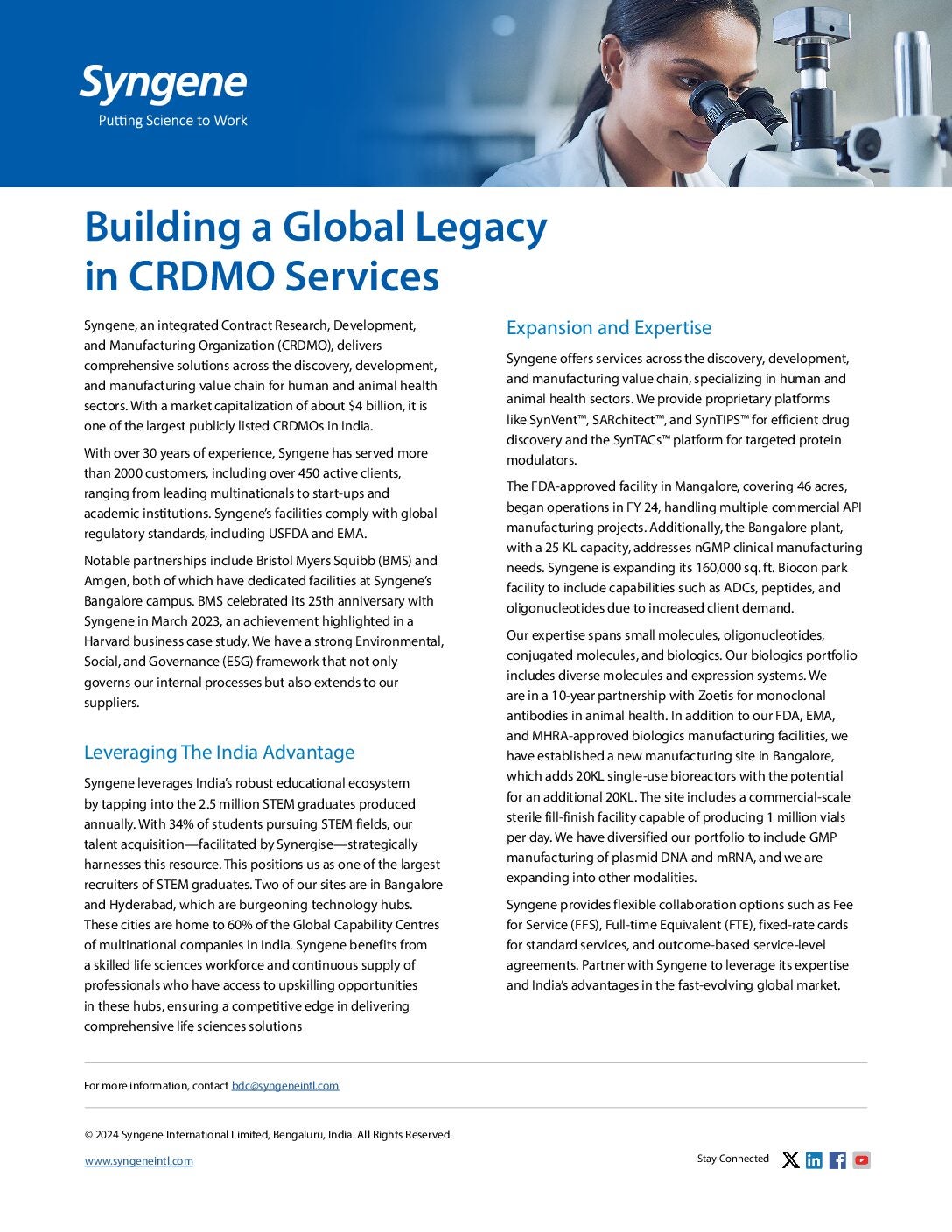US-based Rhythm Pharmaceuticals has leveraged contract genomics organisation WuXi NextCODE’s artificial intelligence (AI) deep learning capabilities to identify genetic markers for rare genetic disorders of obesity.
Rhythm intends to use the obtained information to streamline the development of its investigational drug candidates.

US Tariffs are shifting - will you react or anticipate?
Don’t let policy changes catch you off guard. Stay proactive with real-time data and expert analysis.
By GlobalDataInitially, WuXi’s major reference datasets were used to detect rare sequence variants of the POMC, PCSK1 and LEPR genes in the MC4R pathway that is involved in weight regulation.
WuXi NextCODE’s advanced AI laboratory’s DeepCODE algorithm was subsequently applied to score the variants based on their predictive impact on obesity.
Rhythm Pharmaceuticals chief scientific officer Lex Van der Ploeg said: “We are committed to using the most cutting-edge technologies to develop treatment options for patients affected by rare genetic disorders of obesity.
“Data provided by advanced AI can play an important role in our ability to identify patients who might be most appropriate for treatment with our compounds.”
It is expected that testing for the highest impact variants in the specific genes could facilitate detection of obese patients who might potentially benefit from therapies that target the MC4R pathway.
WuXi NextCODE CEO Hannes Smarason said: “This is a pathbreaking demonstration of how AI can advance drug development and we are thrilled to be partnering with Rhythm to put our capabilities to work to meet such an important unmet medical need.
“We are also very excited to take the next steps in this partnership, and are applying the breadth of our capabilities, from large-scale cohort validation to functional assays, to help advance Rhythm’s clinical development programmes.”






